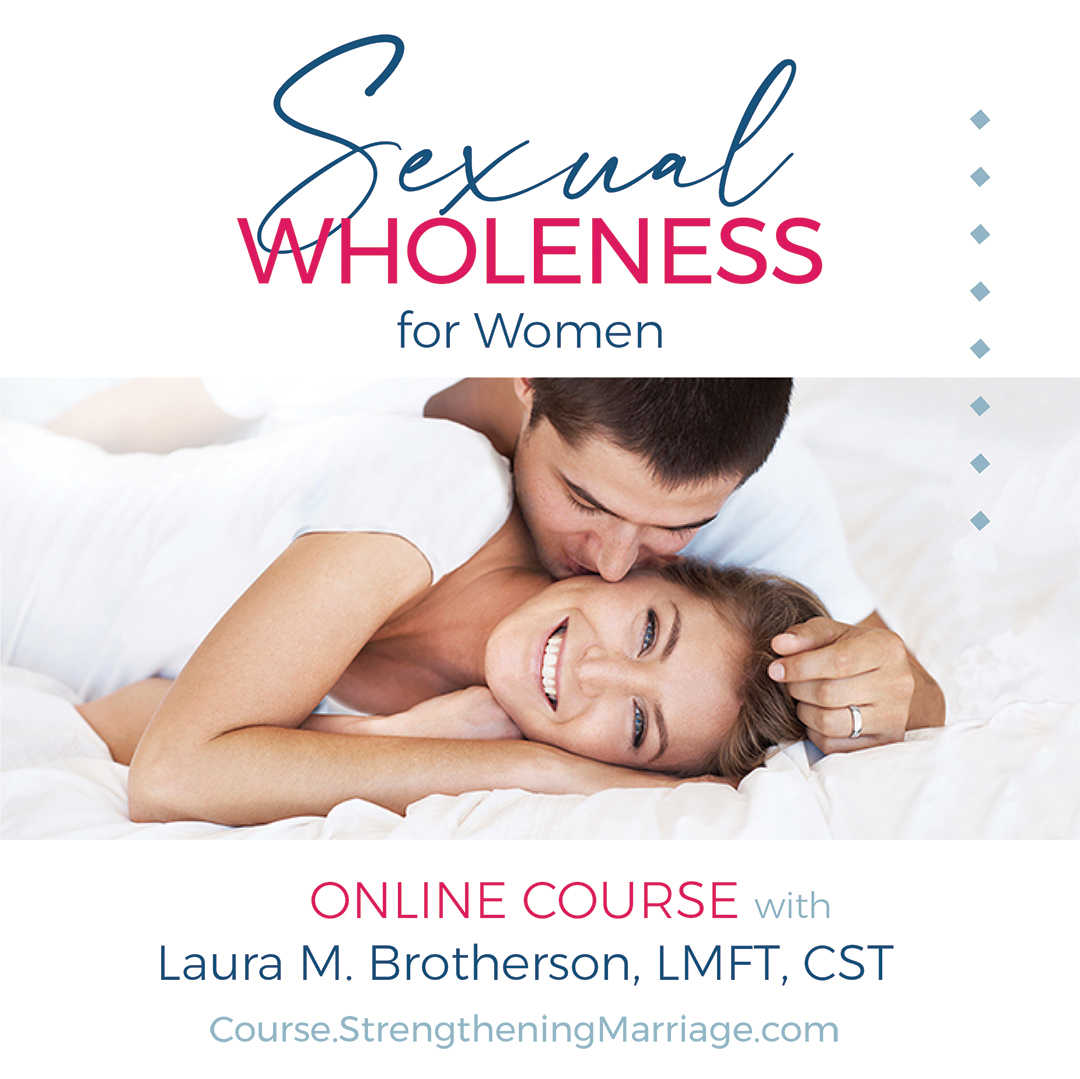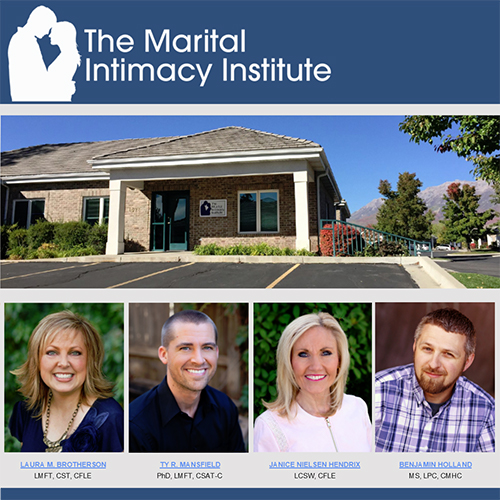
Since I was asked to write my story about why I chose to become a Marriage and Family Therapist for one of my MFT courses, I thought it might be of interest to share here.
My Hopes in Becoming a Marriage and Family Therapist My sincere hopes for becoming a therapist are to be a source of strength, hope and empowerment to individuals, couples and families as they uncover their innate capacity to be the best they can be, and to experience the greatest joy and fulfillment possible in their lives. I seek to be an instrument in the lives of those I might help.
I believe that “people are the experts on their lives” (Carlson & Erickson, 2001, p. 205). It is empowering to me to think of being an instrument in empowering others, rather than having to be the expert on their lives, and what would work best for them. I love the idea of taking a client-honoring and therapeutically collaborative approach to therapy.
Personal Experiences That Have Nurtured my Desires to Be a Therapist One of my first memories of wanting to be a therapist came when my mom and I attended an evening seminar by a woman (Lucile Johnson) who was a marriage counselor and well-known public speaker. That night I told my mom that that was what I wanted to do with my life. This was when I was about 16 or 17 years old. It connected back to something I had been told about myself earlier that I had a special gift of love, and that many would come to me for counsel and guidance. These insights had had a profound effect on the direction of my life. I’ve thought a lot about why I do the work that I do with marriages and families. I don’t really have a major negative experience in my past that has compelled me in this direction. The biggest motivator for me comes from my religious faith. For me, my work with marriages and families feels very much like a work I was divinely designed to do. According to my religious beliefs, marriage and family are not just temporal entities. They are not just “‘til death do us part.” They are forever, or can be. So for me working to help strengthen marriages and families is not just something for this life, but something that will continue into our life in heaven as well. Sex Therapy—A Fun Challenge Given that I also plan to work specifically as a certified sex therapist, I am excited to do something that I know not many people want to do—work within the realm of sexuality. After teaching a marriage course, I realized just how much need there is for information and assistance in this vital dimension. The fact that there are so few willing to work in such an intimate, delicate, even taboo dimension of marriage is kind of a fun challenge to me—something that excites me to take on. Because of the sacred nature of intimacy, I consider my work with couples to be walking with them on hallowed ground. Helping Couples Prepare for Success in Marriage One other thought is that as I watch so many marriages and families crumble, I can’t help but feel sad for all the pain that everyone involved experiences. I think many of us are woefully unprepared for marriage. Marriage and the resulting family set the foundation for the next generation of marriages, for good or for ill. I think so much can be preventatively done to help people be more successful in marriage. I see divorce as an often unnecessary (though sometimes necessary) and painful squandering of human potential. I believe my efforts can help others avoid the pain and pitfalls of divorce. Personal Qualities That Can Help Others Some of the qualities that friends and family have noted in me are my abilities to love, to listen, to experience empathy easily, to connect emotionally, to inspire and encourage, and to have an intuitive sense about people and their relationships. I am a big people person, and find great joy in interacting with others. Few things are more energizing to me than being with people and learning about them. I guess that’s why my kids have such a hard time pulling me away at church if there are still people left in the building I could be talking to! : ) Other characteristics that may help me in my work as a therapist include: being constantly engaged in my own personal growth, being open, genuine, and exuding warmth and sincere interest in others. I naturally see the good in others, and give them the benefit of the doubt, which can help uplift them and help them recognize their own strengths as well. Being able to think outside the box and have an optimistic nature can help me help others on their paths of growth and development. How I See My Future as a Marriage and Family Therapist As a marriage and family therapist and sex therapist I see myself not only doing a lot of direct therapeutic work with husbands, wives, couples, families and groups, but I also see myself doing a lot of preventative/educational work to help strengthen marriages and families. I’m all about doing what I can to help people take advantage of the guard railings along the edge of the cliff, rather than spending all my time as an ambulance down in the ravine. The educational work I plan to do would likely be in the form of writing additional books about marriage, sex and families, continuing to write articles, doing couples cruises and other marriage workshops, and taking advantage of any other opportunities that will come my way to help me reach as wide an audience as possible. I intend to utilize technology as much as possible even beyond the phone consultations I’ve been doing (though they are a great method for intimacy-related consultations), and move into video conferencing as well. With audio and videocasts already in production for marriage and intimacy education, the sky’s the limit in ways I see myself helping couples and families experience all the joys that have been divinely designed for them. ————— References Carlson, T. D., & Erickson, M. J. (2001). Honoring and privileging personal experience and knowledge: Ideas for a narrative therapy approach to the training and supervision of new therapists. Contemporary Family Therapy, 23(2), 199–220. Retrieved January 14, 2010 from SocINDEX with Full Text database.


























